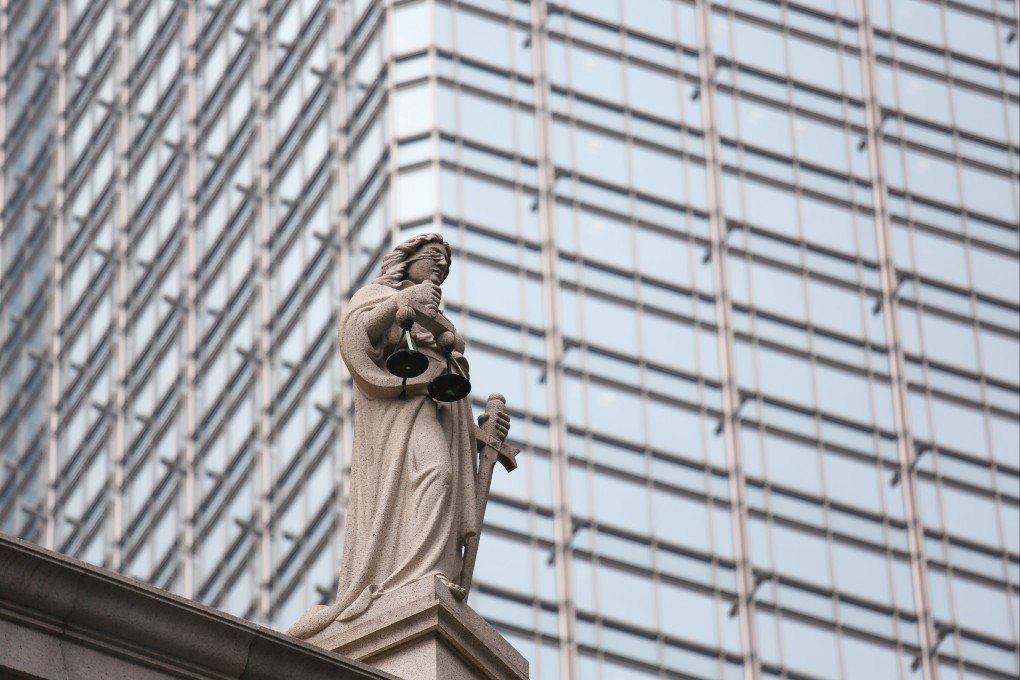Advertisement
Letters | Strictly speaking, Hong Kong’s top court did not rule on ability of foreign lawyers to handle national security cases
- Readers discuss the grounds for the Court of Final Appeal’s 2022 judgment that went against the government, the negative-sum game that is cryptocurrency trading, and the responsibility to recycle
Reading Time:4 minutes
Why you can trust SCMP

Feel strongly about these letters, or any other aspects of the news? Share your views by emailing us your Letter to the Editor at [email protected] or filling in this Google form. Submissions should not exceed 400 words, and must include your full name and address, plus a phone number for verification.
Advertisement
As Cliff Buddle shows, even Homer sometimes nods (“Journalist should never have been prosecuted for doing her job”, June 11).
Although he is right to say that the Hong Kong Court of Final Appeal has delivered judgments that go against the administration, I take issue with his citing as an example its recent judgment concerning “the ability of foreign lawyers to handle national security cases”.
In its judgment (FAMV 591/2022), the court recognised that, in relation to the ad hoc admission of overseas lawyers in cases where national security considerations arise, “such considerations are plainly of the highest importance to be taken into account”. There were, however, procedural difficulties in allowing the Secretary for Justice to challenge the lower court’s decision to allow the admission of Timothy Owen KC to represent Jimmy Lai Chee-ying in his forthcoming national security trial.
Those difficulties arose from the so-called “Flywin principle”, which, in a nutshell, restricts a party from raising on appeal new points which should have been raised in the lower courts.
Advertisement
When the objections to Owen’s admission were first raised before the Court of First Instance, the emphasis was not placed upon national security, but upon the traditional public interest grounds which are often cited when overseas lawyers seek admission. This, however, changed once his admission – over the objections of the Secretary for Justice and the Bar Association – was approved.

Advertisement